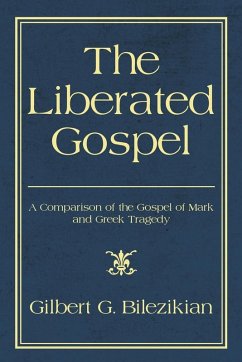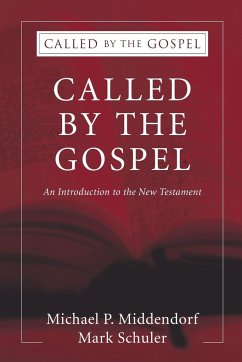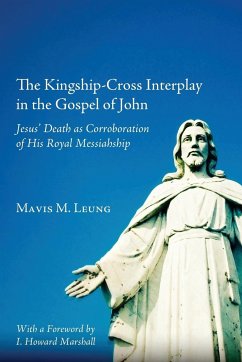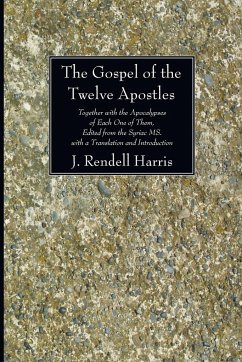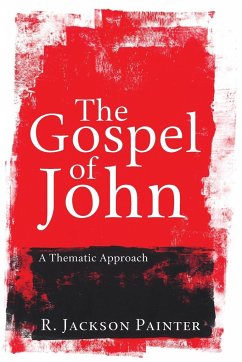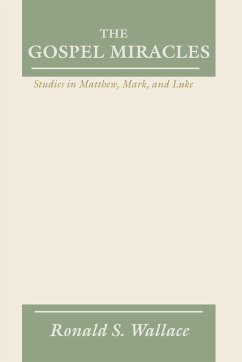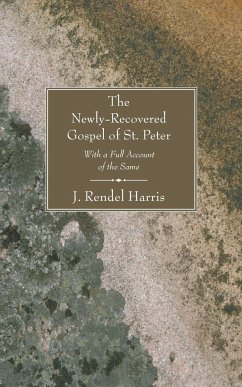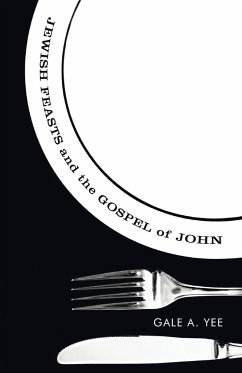It is generally agreed that Mark's Gospel was the first to have been written and that the Markan narrative created a literary form that inspired Matthew, Luke, and to a lesser extent, John to follow suit with the writing of their own gospels. But where did Mark go to find a framework that would shape his story? This question has been debated for more than two centuries. Several theories have been propounded but none without sufficient evidence to gain broad acceptance. It is the thesis of this book that Mark drew on the Greek tragedy, the most suitable literary genre of his time, to organize the oral and written traditions that he had collected. The Greek tragic genre had been created with the works of the great masters of the Fifth Century BC, and later, had been codified by Aristotle. The extraordinary points of congruence between the form of the Gospel and the canons of Greek drama are carefully explored in the Liberated Gospel. The compelling conclusion is that there is a relation of dependency whereas Mark used the form of Greek tragedy as a template without compromising the integrity of the story. As the title of the book suggests, the use of ancient tragedy by Mark served also another purpose. The Gospel was being written at a time during the early history of the church when its Judaistic faction attempted to impose the requirements of the Mosaic law on Gentile believers (as attested by Galatians and the Council of Jerusalem). By telling the very Jewish but universally relevant story of Jesus in the mode of the supreme Gentile literary genre of antiquity, Mark was proclaiming the manifesto that the gospel of Christ was not the exclusive property of a narrow ethnic group but that it belonged to all humanity.
Hinweis: Dieser Artikel kann nur an eine deutsche Lieferadresse ausgeliefert werden.
Hinweis: Dieser Artikel kann nur an eine deutsche Lieferadresse ausgeliefert werden.

